Shopping Cart
0 item(s) - $0.00DIY | Christmas Special E-Book
Ex Tax: $2.99
Product Code: Christmas Lookbook.pdf.9249ed625954ecb707d71da28b96add1
Availability: In Stock
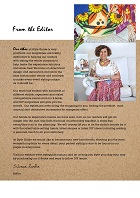
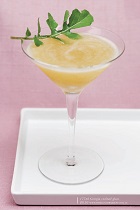
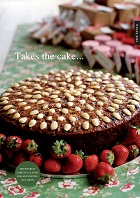
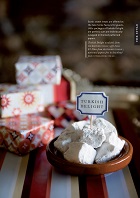
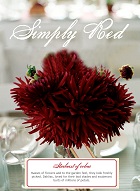
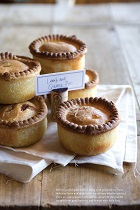
As December 25th approaches, we've found ourselves saying "Merry Christmas" to everyone from our shop assistants to our family members. But have you ever stopped to wonder where the phrase "Merry Christmas" comes from? In a world where it's normal to say "Happy Easter" and "Happy Birthday," the "merry" in "Merry Christmas" is unique.
We recently pondered the same question and found that the answer goes back to the connotation of the two words. "Happy" is an emotional condition, while "merry" is a behavior.
Furthermore, happy, which came from the word "hap," meaning luck or chance implies good-fortune. Meanwhile, "merry" implies a more active showing of happiness—which you might think of as merry-making.
While both words have evolved and changed meaning over time (yes—people did once say "Happy Christmas"), people stopped using "merry" as its own individual word during the 18th and 19th centuries. It stuck around in common phrases like "the more, the merrier," as well as in things like Christmas carols and stories, largely due to the influence of Charles Dickens. The Victorian Christmas went on to define many of today's holiday customs.
Of course, "Happy Christmas" hasn't faded completely—it's still widely used in England. This is believed to be because "happy" took on a higher class connotation than "merry," which was associated with the rowdiness of the lower classes. The Royal Family adopted "Happy Christmas" as their preferred greeting and others took note.
Meanwhile, "Merry Christmas" took on sentimental meaning in the U.S. —even hearing "merry" on its own now makes us think of December 25th.
Write a review
Rating: Bad Good

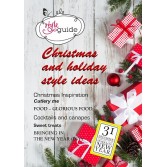
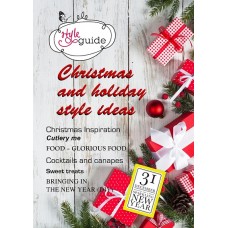
 (
(



